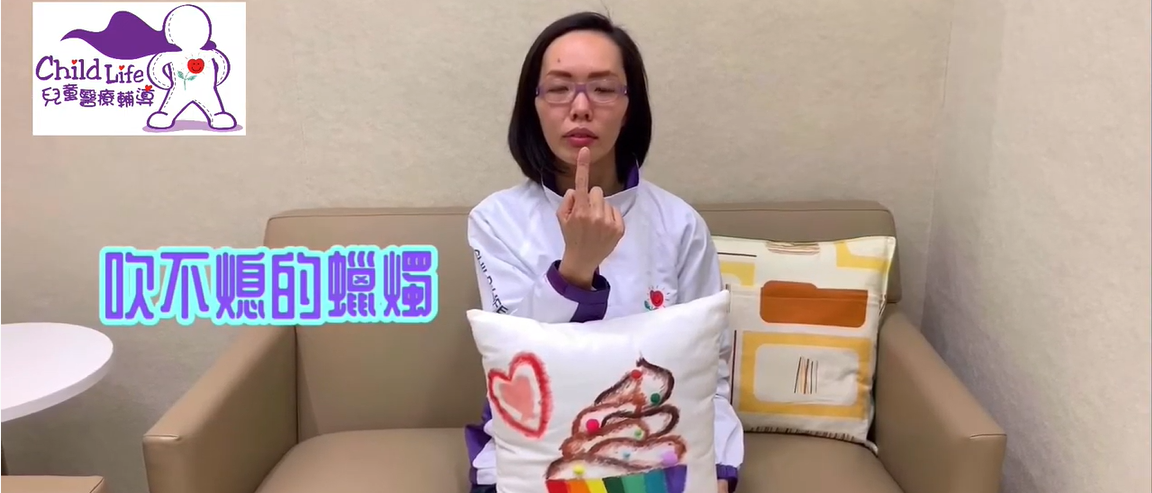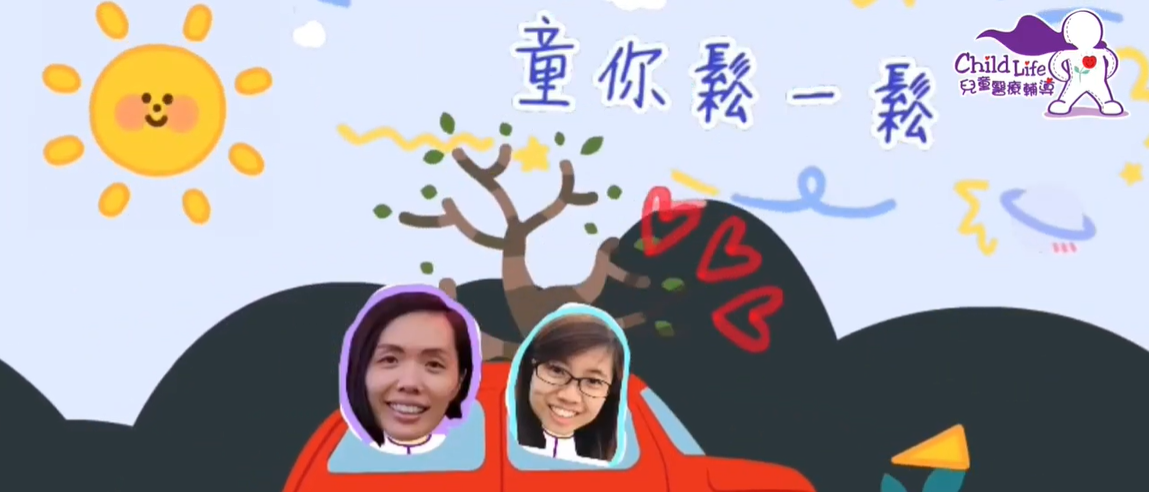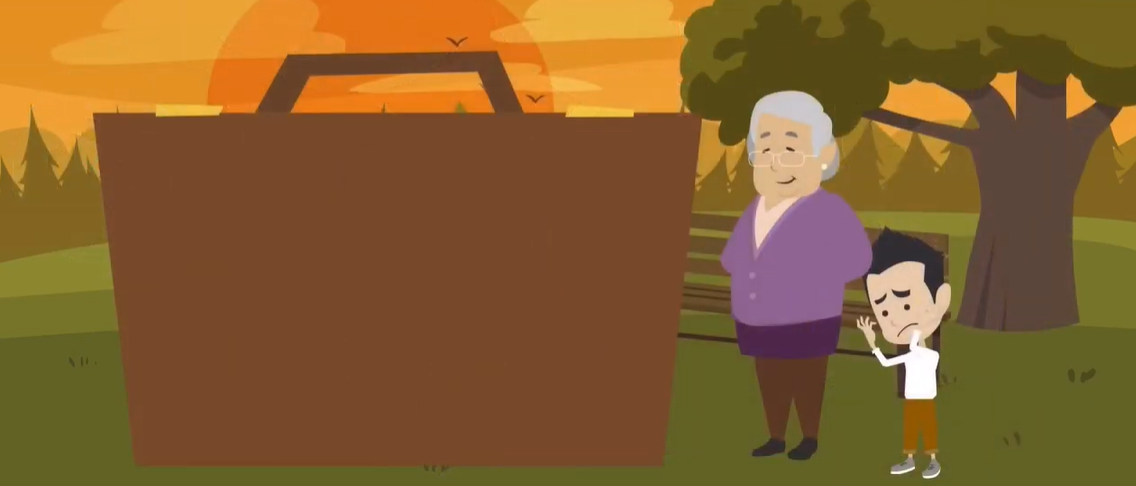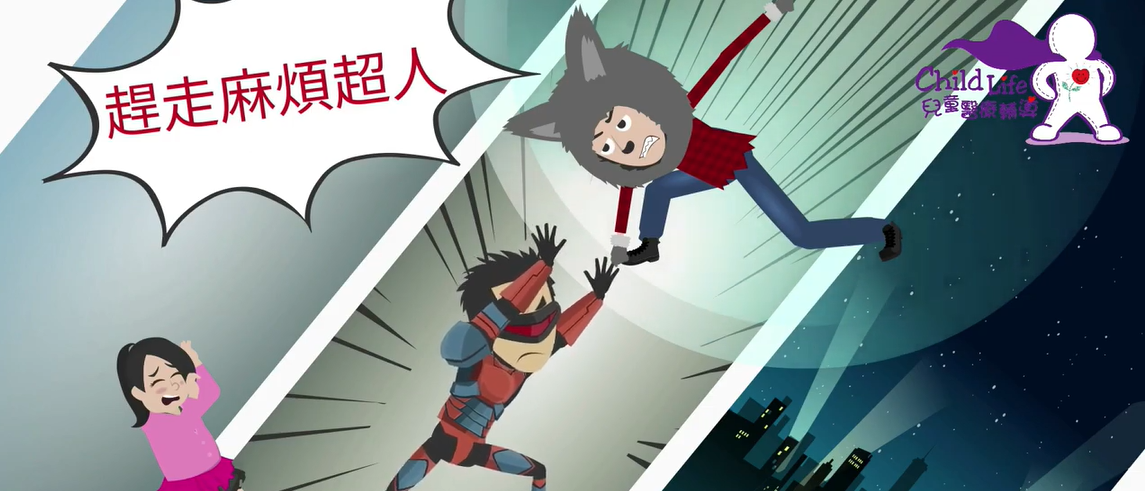When children face different medical procedures, what changes occur physically? Why do they scared of people, situations, and things in the hospital? Why do we express pain even before undergoing medical procedures?
Understanding the physical and psychological factors of children at different ages, and finding corresponding distraction techniques can help in making the medical procedures run smoothly, and better understanding the needs of the children.
Precautions when Meeting with Young Patients or Their Parents
- Consider the perspectives of young patients.
- When young patients and their families encounter strangers, they may feel threatened. Hence, the conversation can begin with a self-introduction.
- To minimise unneeded confusion for parents, only offer choices that are available.
- Not to make comparisons with other young patients. Hospitalisation poses both physical and psychological obstacles for young patients and their families and it is common for some children who discharged and return to the hospital.
- Do not make any promises that cannot be guaranteed in the future, such as "This would be your last injection."
Make no subjective assumptions about a child's developmental or coping ability based on their appearance.
Verbal Expression
- Avoid using terms like "pain" because the term is relative; instead, use descriptive vocabulary such as "Some patients consider it to be... while some patients believe that the feeling is like...
- Beware of using words that we think it is common, for example, "I am going to have to draw blood."
- Don't use phrases like, "We should learn to be a big girl/boy" or "A big girl/boy won't cry.
- Remember not to form judgments on young patients based on their appearance. Being tall does not imply being old, and this will put additional pressure on young patients. They cannot control the negative emotions experienced during medical procedures.
- An achievable goal can be set for young patients, for example, “Your mission is to stay still, and it is fine to say ‘ouch’ or even cry, but your mission is to stay still.
- Explain the medical procedures that will be performed on young patients. Despite being just a toddler, he/she can identify your emotions and evaluate whether the environment is safe based on your tone, intonation, and voice. Make physical contact with the young patients only when communicationg and interacting, and avoid doing anything that young patients consider dangerous.
- Don’t lie to young patients (for example, “This will not be hurt”)
Supporting Medical Procedures
- Offer items for soothing
- Holding hands with parents or someone who can comfort young patients, stroke their hair, and console them.
- Examples: blankets, stuffed toys, pacifiers.
- Give children options, such as asking if they want to see the whole process of the medical procedures or not.
- Reward them after completing the medical procedures.
- Parents can be the one who comfort and support their children in the treatment room.
- Place young patients in comfortable positions.
- Do not force the children down
- Sit on one's lap
- Lying down can only present vulnerability (imagine lying on the operating table)
- It is preferable to sit up (a doll is used to demonstrate sitting postures for young patients)
- Little babies should be wrapped
- Simple relaxation exercises can be done with young patients
Preparation for Medical Procedure
- Provide a safe environment for young patients
- Use the treatment room as much as possible. Please keep in mind that some venues, such as playrooms, are considered safe.
When Young Patients Experience Pain, you can...
-
Tell the young patients, “I totally understand the difficulties that you are going through." After the surgery, pay attention to the emotions of the young patients since it may be tough to rebuild confidence.
- Stickers or cartoon bandages may be useful at times.
- Remind young patients that they are not having surgery because they have done something wrong.
- Don't put it in mind if the young patients aren't passionate about you.
- If you are concerned about the young patients' coping or recovery abilities, please notify the Child Life Specialist.












